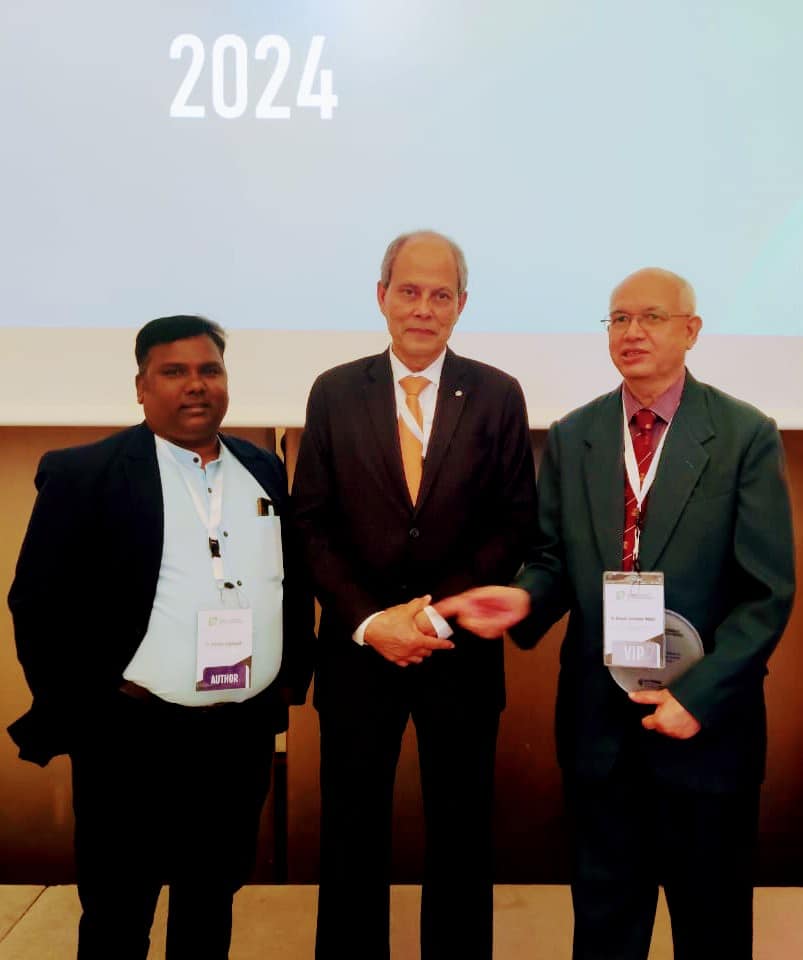UAE COP 28 Resolution 14: Announcements focused on shipping include 10 companies joining the Cargo Owners for Zero Emission Vessels, the collaborative platform announced during COP 28, bringing the total to
over 35 freight buyers working to drive ambition and action toward zero-emissions ocean transport. Additionally, Green Maritime Africa Coalition, (GMAC) promoted the supply and use of zero-emission fuels in Africa’s maritime sector, in line with the International Maritime Organization’s (IMO) 2050 decarbonization plan. By convening maritime stakeholders, including governments, policymakers, shipping companies, charterers, port operators, banks and universities, GMAC seeks to strengthen Africa’s voice in global efforts to reduce GHG emissions.
Analysis and Review:
The resolution point outlines announcements in the shipping sector, including companies joining the Cargo Owners for Zero Emission Vessels platform and the Green Maritime Africa Coalition’s efforts to promote zero-emission fuels in Africa’s maritime sector.
Positive Side of Resolution Point 14:
Industry Collaboration: The participation of 10 additional companies in the Cargo Owners for Zero Emission Vessels platform demonstrates growing industry collaboration. The total of over 35 freight buyers indicates a collective commitment to driving ambition and action towards zero-emissions ocean transport.
Promotion of Zero-Emission Fuels: The efforts of the Green Maritime Africa Coalition (GMAC) to promote the supply and use of zero-emission fuels in Africa’s maritime sector align with the International Maritime Organization’s (IMO) 2050 decarbonization plan. This initiative reflects a proactive approach to addressing climate challenges in the region.
Inclusive Stakeholder Engagement: GMAC’s strategy of convening diverse maritime stakeholders, including governments, policymakers, shipping companies, charterers, port operators, banks, and universities, emphasizes inclusive engagement. This approach seeks to strengthen Africa’s representation in global efforts to reduce greenhouse gas (GHG) emissions.
Alignment with IMO Decarbonization Plan: The emphasis on aligning with the IMO’s 2050 decarbonization plan indicates a commitment to international standards and goals. This alignment fosters a coordinated global approach to reducing GHG emissions in the maritime sector.
Negative Side of Resolution Point 14:
Lack of Specifics on Zero-Emission Fuels: While the resolution mentions the promotion of zero-emission fuels, it lacks specific details on the types of fuels or technologies being promoted. Critics might argue that more clarity is needed to assess the feasibility and sustainability of these initiatives.
Implementation Challenges: The resolution does not address potential challenges in implementing zero-emission strategies in the shipping sector. Critics might question the practicality of achieving widespread adoption of zero-emission vessels and fuels and the associated infrastructure requirements.
Global vs. Regional Impact: While GMAC seeks to strengthen Africa’s voice in global emission reduction efforts, the resolution does not provide details on the potential global impact of the announced initiatives. Critics might question whether these efforts will have a significant influence on global emissions.
Verification and Monitoring: The resolution does not outline mechanisms for verifying and monitoring the actual emission reductions resulting from the announced initiatives. Critics might express concerns about the lack of transparent and accountable processes to track progress.
In summary, while the resolution highlights positive aspects such as industry collaboration, promotion of zero-emission fuels, inclusive stakeholder engagement, and alignment with international plans, concerns may arise regarding the lack of specifics on fuels, potential implementation challenges, the global impact of regional initiatives, and the need for robust verification mechanisms.


